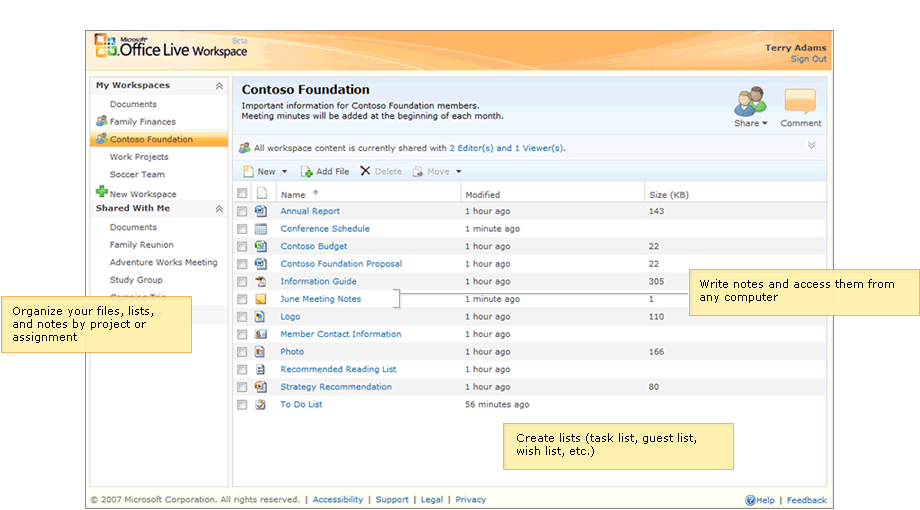Well….this chapter right here explains my life in a nutshell.
I attempt to organize my daily/weekly tasks all time time using a variety of different outlets, however, nothing ever seems to work.
What Briggs provided in this chapter is the proper way in which one can utilize a variety of online databases to organize contacts, task, etc…
To highlight his instructions, he provides a eye-opening formula to ensure personal productivity:
What you need to manage + the right tools to manage it = personal productivity
Examples of what one needs to manage are: email, calendars, word processing, spreadsheets, databases, images….etc
As for the tools one can use to manage those above, Briggs mentions: Office Live, Zoho, Remember the Milk, Dropbox, and many more.

developmentnow.com
Now one ask how Briggs applies this to Journalism? Well Briggs explains how nowadays, Journalist have the ability to tell stories through data.
Utilizing the databases above, allow reporters to look at data that wouldn’t be considered necessary to tell a story, however, reporters have found that while researching through a variety of databases, several reporters have come upon jaw-dropping statistics that eventually lead to revealing stories of corruption, or improper salary distribution.
What struck me was how important the ability to read, dissect and convert data into words that readers understand and essentially journalist can reveal situations of corruption that are necessary for people to learn about.

Hey there,
It’s awesome to see that you’re using these cloud storage tools to keep your self organized and efficient. Thanks for calling out Office Live Workspace, too! You should join the community and share your expertise with the people over at the Office Live page on Facebook. I’m sure they’d love to hear your thoughts.
Join here: http://www.facebook.com/officelive.
Cheers,
Kim
Microsoft Office Live Outreach